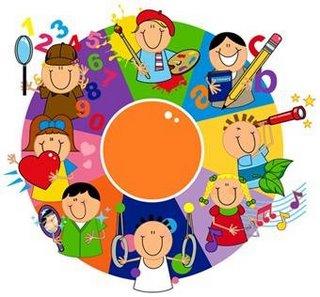Evaluation for improving things
Theoretical assumptions (power of evaluation for improving things).
Theory cannot be divorced entirely from practical observation!
Many theories have been developed to explain how teaching and learning take place; however, they usually consider the teacher an expert whose main role is to transmit knowledge, with the learner in a passive role.
The need to place a more active role on the learner was claimed by Piaget and others such as Montessori, Freinet, Vygostky and even Dewey who started placing the emphasis on experimental learning. the role of the teacher seems more as a mediator, a facilitator.
That means we consider learning as an ACTIVE PROCESS on the part of the learner, that occurs within a Social Context. We learn mostly by experience!
Dewey highlights two main principles of learning; experience and interaction. Experience refers to the social events and group interaction deals with our relations and exchange (Constructivism was his first connection between experience and individual)
In sum up, students are learners before coming to school by different situations: formal, informal and no formal way. How can we achieve this? By Interests and asking pupils or to promote curiosity and motivation.
TAR= Teacher Action Research is an evaluation method by cyclical stages:
Problem identification
New questions Evaluation
Reflection Recomendations
ACTION: Application and
practice
Learning potential.
For starting I like to focus on Vygotsky and Feuerstein perspectives. Starting by Vygotsky by using a concept of ZPD or zone proximal of developing. By Feuerstein, this ZPD is represented by teachers and their mediation. He spoke about participation or between tutor and student. This collaboration should be guided to improve the level of student from the real level to a potential level.

Comentarios
Publicar un comentario